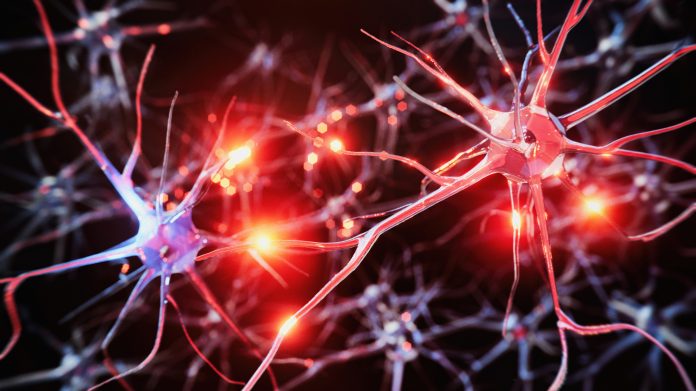With the help of artificial intelligence, healthcare professionals can predict patient prognosis and reveal mortality risk in dementia patients
The study conducted by researchers at the Lchan School of Medicine focuses on identifying key predictors of mortality in dementia patients, offering a glimpse into the future of personalised care.
Forecasting patient prognosis
Perious studies centred around dementia have focused on diagnosing dementia; this research differs as it looks into forecasting patient prognosis. Highlighting the morality risks and contributing factors across various types of dementia.
Dementia, now the leading cause of death in ageing populations, presents unique challenges due to its unpredictable nature of cognitive decline.
Dr. Kuan-lin Huang, Assistant Professor of Genetics and Genomic Sciences at Icahn Mount Sinai and corresponding study author, highlights the significance of their findings.
“Our findings are significant as they illustrate the potential of machine learning models to accurately anticipate mortality risk in dementia patients over varying timeframes,” Dr. Kuan-lin Huang said.
AI creating a better future for dementia patients.
Using machine learning algorithms and analysing datasets from the U.S. National Alzheimer’s Coordinating Center, including 45,275 participants and 163,782 visit records, the research team developed models capable of predicting mortality at different timeframes: one, three, five, and ten years.
The study found that neuropsychological test results emerged as better predictors of mortality risk compared to age-related factors such as cancer and heart disease.
Dr. Huang emphasises that while machine learning offers promising advancements, these models aren’t crystal balls for individual outcomes.
“The implications of our research extend beyond clinical practice, as it underscores the value of machine learning in unravelling the complexities of diseases like dementia. This study lays the groundwork for future investigations into predictive modelling in dementia care,” says Dr Huang.
Predictive modelling in dementia care
The research team aims to refine their models further by integrating treatment effects and genetic data while exploring advanced deep-learning techniques for more precise predictions.
As of 2022, Alzheimer’s and other dementias cost an estimated $1 trillion annually, impacting millions of lives globally. With projections suggesting a tripling of cases by 2050, innovative approaches like machine learning are crucial for addressing the burden of this disease.
This research opens new avenues for personalised dementia care. Machine learning offers hope for improved patient outcomes and more tailored interventions by accurately predicting mortality risk and uncovering key contributing factors.
Editor's Recommended Articles
-
Must Read >> Enhancing deep sleep can help prevent dementia
-
Must Read >> Can poor oral hygiene lead to dementia?











